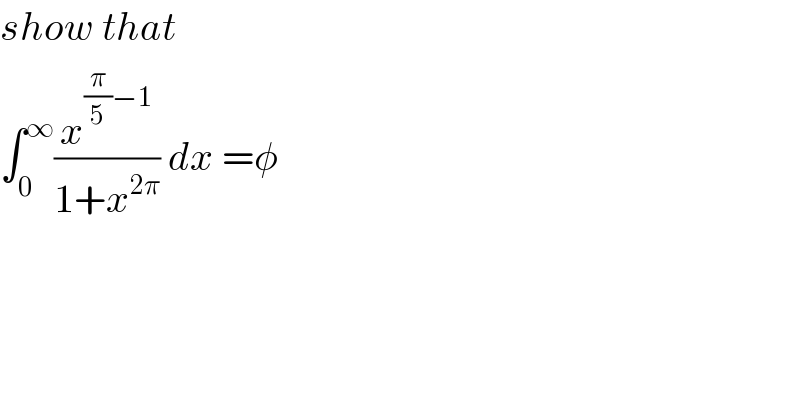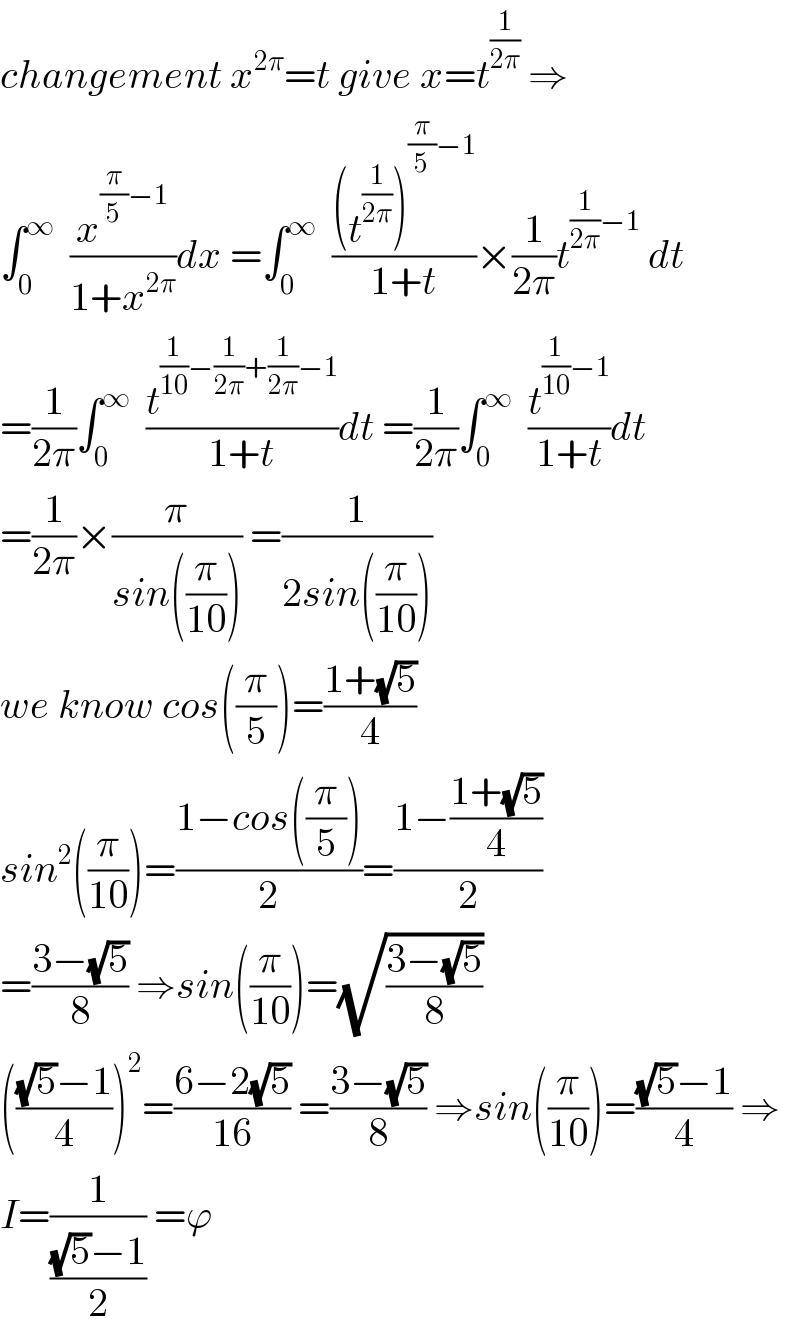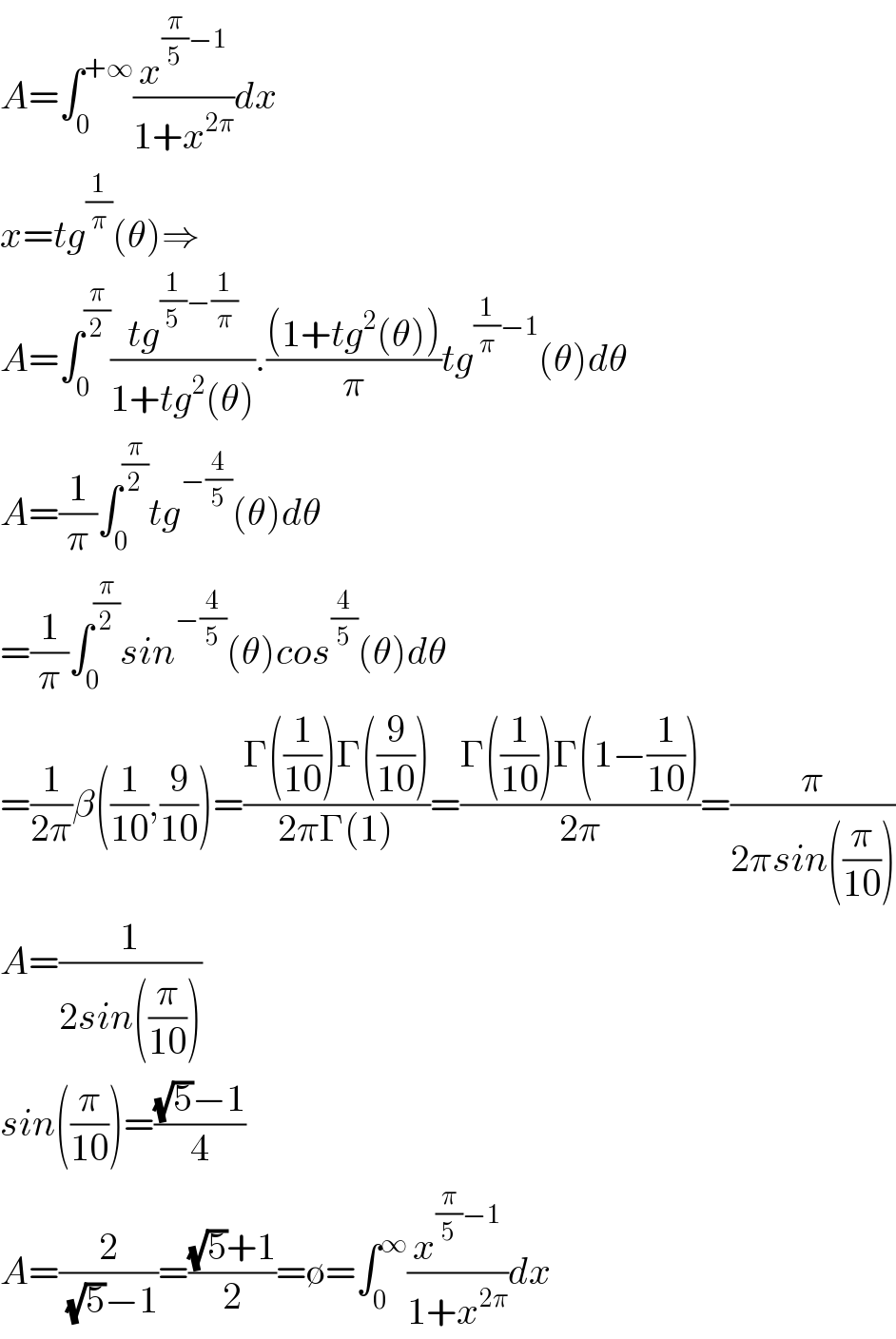Question Number 80924 by M±th+et£s last updated on 08/Feb/20

Commented by abdomathmax last updated on 09/Feb/20

Commented by M±th+et£s last updated on 09/Feb/20

Commented by mathmax by abdo last updated on 10/Feb/20

Answered by mind is power last updated on 09/Feb/20

Commented by M±th+et£s last updated on 09/Feb/20

Commented by mind is power last updated on 09/Feb/20

Commented by M±th+et£s last updated on 09/Feb/20

Commented by M±th+et£s last updated on 09/Feb/20

